Jewish Books I Read in 2022
From "The Beauty Queen of Jerusalem" to "Why Be Jewish?"
Happy New Year! First post of 2023, let’s go!
We have lots of new faces in the crowd, and by that I mean faceless strangers behind computer/phone screens, and the crowd being your inbox, which could be crowded if it’s anything like my Gmail with 15,000+ unread messages.
If you’re new here, allow me to re-introduce myself. I’m Miranda, a Jewish young professional in New York City. I love being Jewish. I love talking about Jewish ideas, sometimes intellectually, sometimes more “Can you be Jewish and actually like cinnamon raisin bagels?” The answer is obviously no.
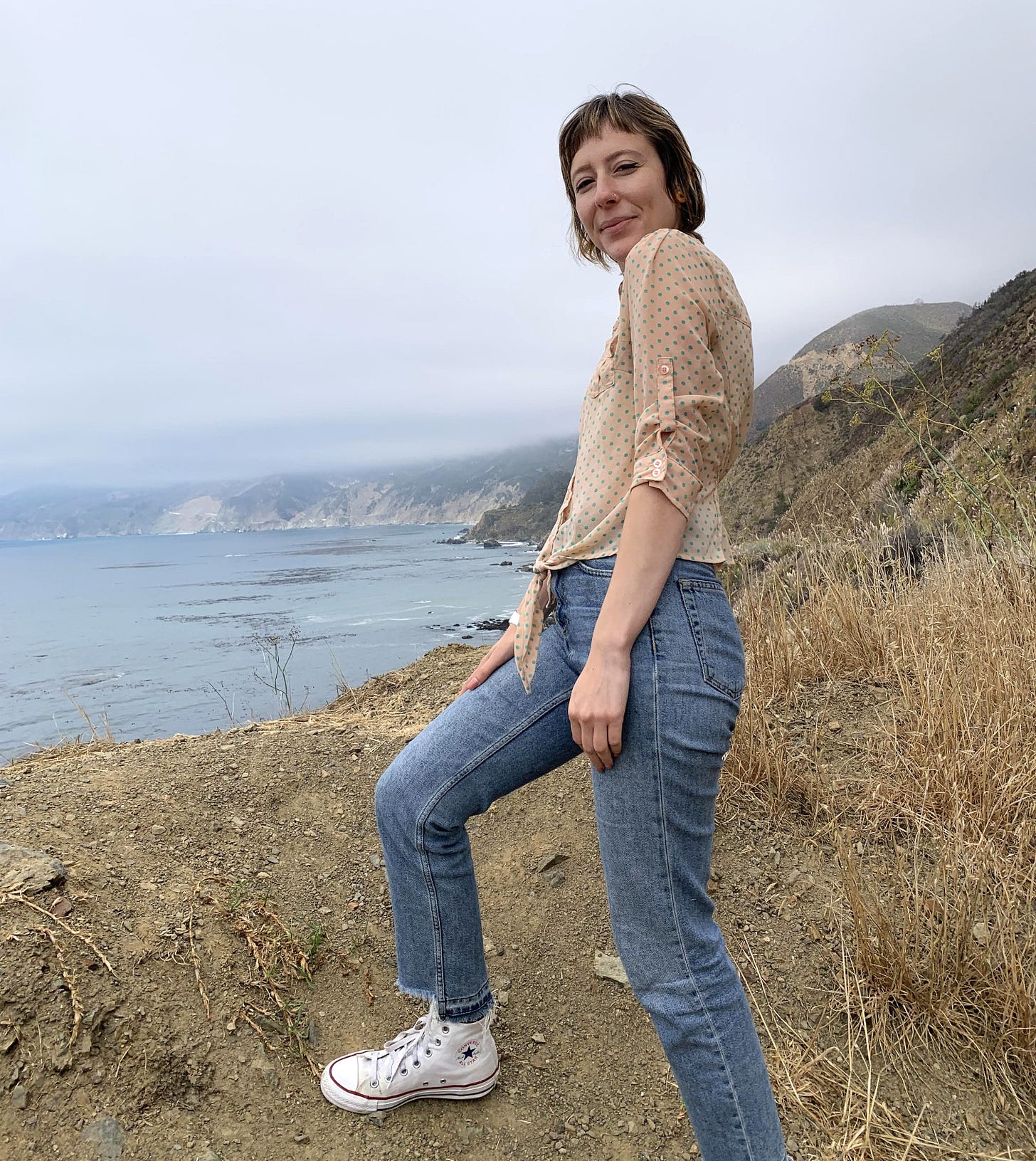
I started this blog for a few reasons:
I’ve been on a Jewish journey for the past 12 years, one that has taken me to Israel, India, on a Jewish meditation retreat in the middle of the woods in Illinois, to shul and beyond, trying to find myself, explore what may or may not speak to me, and make friends along the way. I’m still exploring that, delving deeper into my spiritual and religious side (my early twenties were dedicated to more of my Zionist side) and documenting some of that journey. Read more about my journey here.
The more I’m in Jewish settings, or non-Jewish settings where the only Jews in the room find each other, the more I find myself in interesting conversations and realize Jews love to talk about being Jewish. As I’m writing this, I just returned from a non-Jewish social gathering where the few Jews in the room started talking about fasting on Yom Kippur (we’re a fun bunch, I know), and how it’s the one thing secular Jews do every year. A friend chimed in and said she doesn’t fast on Yom Kippur because she’s more interested in the communal aspect of Judaism, like sharing Shabbat meals with family, a different perspective from my own. Then we got to chatting about community and how hard it is keeping the holidays in the city without your family. We also talked about community vs. looking inward at your Judaism. Which is what this blog is for me! I looove how informal Jewish conversations unfold and the many different directions they take. If you want to contribute an opinion or piece or have an interview, email me!
It holds me accountable Jewishly. By that I mean I could be doing anything this Thursday night. I could be clubbing. But realistically, I could be watching reruns of Ted Lasso because it makes me giddy and turns off my brain. Writing this blog gets me thinking about topics that are important to me, and I've started putting myself in situations and talking to people to get inspiration and content! As if I don’t do enough Jewish things in this damn city.
Now that we got that out of the way… here are some Jewish books I read last year, in order of my least to most favorite.
The Beauty Queen of Jerusalem by Sarit Yishai-Levi
I regret to start this list off so negatively, but I can’t get on this book’s bandwagon, which follows four generations of Sephardi women and their marital issues. The time periods interested me greatly, as it starts with the Turkish rule of Palestine and moves through the British Mandate until after the War of 1948. Rosa was a complicated, interesting character, but her daughter Luna, who steals the spotlight throughout most of the book, was unlikeable and whiney. I know that’s the point but no thanks. I liked the show a little more than the book because the people are so beautiful (no pun intended) but didn’t even finish season one. When it comes to Israeli historical fiction, I highly recommend The Settlers by Meyer Levin.
Rashi’s Daughters #1 Joheved by Maggie Anton
Historical fiction is my favorite genre because it’s an entertaining way to learn about a well-researched moment in time, preferably about real people! This book is about Rashi, the medieval Talmud scholar in France, and how he teaches his daughters at a time when it was frowned about for them to learn. The parts I liked best were glimpses into these learning sessions with his oldest daughter, Joheved. The book took bite-sized chunks of Talmud and made them easy to comprehend. It helped me understand the difference between the Mishnah, the laws, and the Gemara, rabbinical commentary on said laws. I think the book drags on a bit with her trying to have a baby. And the description on the back was misleading: “…she is forced to choose between marital happiness and being true to her love of the Talmud.” Thankfully, she wasn’t forced to choose at all. There’s also some sexy bits in here, if that’s your thing. I have to pretend it’s not because half of my family reads this newsletter. Speaking of family, I would be remiss if I didn’t thank my lovely Aunt Donna for sending me this book.
The Dovekeepers by Alice Hoffman
Alice Hoffman has written light fantasy, then treads into Jewish historical fiction, so it was no surprise this book about the Roman siege of Jerusalem and Masada in 1st century CE had supernatural elements to it. I just so happened to be reading it around Tisha B’Av, the holiday which commemorates the falling of the Temples, which made it feel more real to me. Hoffman’s descriptive writing really brings you to the desert, and you feel what each of the four main women are going through. I thought some stories were more interesting than others. I did learn about Jewish beliefs back then, like Lilith, a she-demon who was supposedly Adam’s first wife who kills newborns. Because babies were popping out left and right in this book, she was mentioned—and feared—often, which made me wonder how Jewish beliefs change over time since we’re not as superstitious anymore. People across most cultures were more fearful of evil spirits back then, so maybe this book wasn’t as inaccurate as it felt. As a fan of historical fiction, I’m not sure why none of these made the mark last year. If you recommend amazing Jewish historical fiction, let me know!
Why Be Jewish? by Edgar M. Bronfman
You don’t have to tell me why I should be Jewish, but a fellow student in my Hebrew class recommended this so I curiously scooped it up. I listened to the audiobook a while back, so I can’t write a full review with specific examples, but I remember liking it. Bronfman uses Jewish values and customs to elevate the brand of Judaism. You know how rabbis use Moses as an example of humble leadership? And how Shabbat is great for families because it’s the one time of the week when the kids aren’t on their phones? It’s like that. A nice reminder but way more eloquent. My only issue with this book is it’s more secular focused - Bronfman repeatedly makes this point that you don’t need G-d to embrace Judaism - but then uses all these examples from our G-d-given Torah, and Passover which celebrates G-d helping us get out of Egypt. Just admit it, Bronfman, you like G-d!
The Last Kings of Shanghai by Jonathan Kaufman
I’ve mentioned this book on The Shabbat Drop before, and I must mention it again! It's narrative nonfiction about two prominent Baghdadi Jewish families, the Sassoons and Kadoories, who accumulate so much wealth it impacts the economic landscape of Shanghai and Hong Kong. They also helped saved thousands of refugees fleeing Nazi Germany and brought them to Shanghai. From Iraq, to India, to the UK, and China, this captivating book teaches you history you’ve never learned anywhere else. It makes you think about wealth and whether its impact on society is positive or negative. I wish I read this book before I visited Shanghai and Mumbai, so I could have a better sense of how these rich families impacted the lives around them. Good thing I have yet to visit Hong Kong! Thanks to my pal Henry for gifting me this book. Guess I’ll be going to him for reccos from now on!
Here’s to reading better books this year! If you read any good Jewish books in the last year, or have any nice Shabbat plans, let me know in the comments. Shabbat Shalom, readers. xx


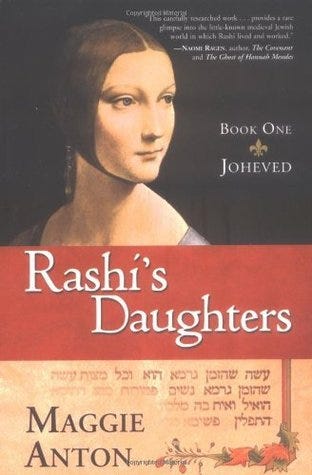
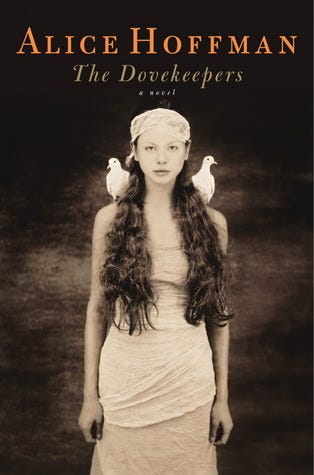
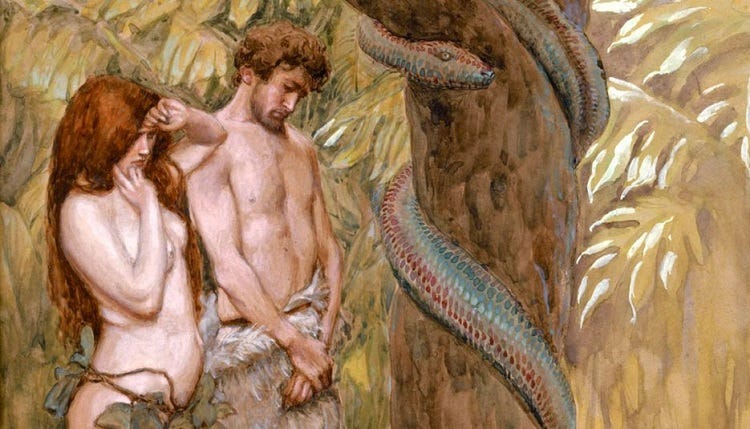
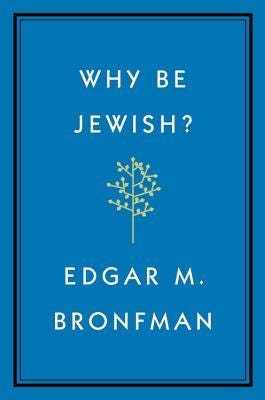
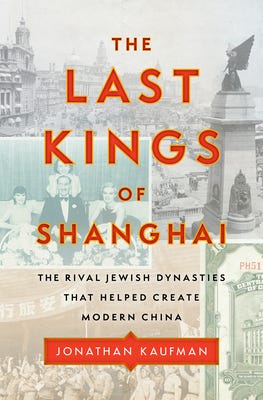
Some recent favorites:
https://bookshop.org/p/books/the-ghosts-of-rose-hill-r-m-romero/17999591
https://bookshop.org/p/books/the-last-words-we-said-leah-scheier/16263822?ean=9781534469396
https://bookshop.org/p/books/the-life-and-crimes-of-hoodie-rosen-isaac-blum/17883638
Thank you for sharing some of your 2022 Jewish reading list and commentary on each one. I read Alice Hoffman’s “The World That We Knew” another one of her books rooted in Judaism with a mystical theme. This one takes place in 1941 and follows two daughters of a Rabbi as they flee Germany, and their adventures take quite interesting twists and turns as they both hide from and then confront the horrors of hatred and destruction of war - And there’s a golem! I recommend! Also to put matters straight, some Lapides’s love sexy bits - want to make sure your readers know we aren’t that prudish.